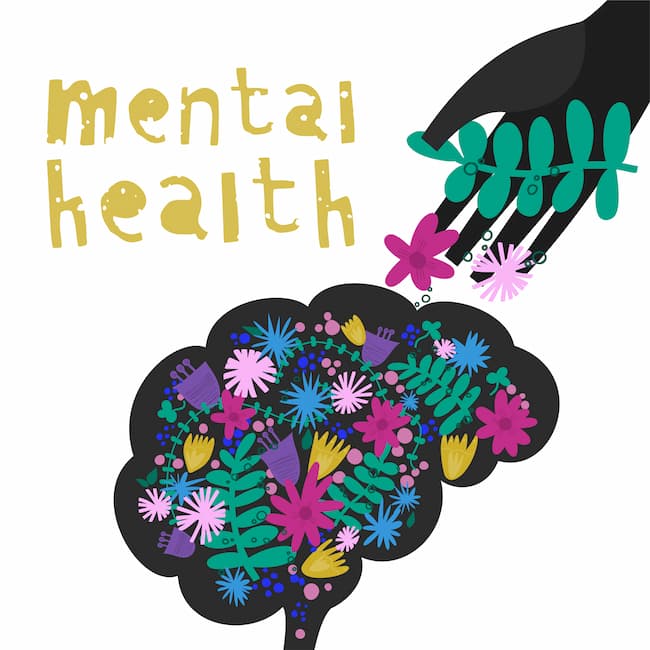The UN agency for children issued a warning on Monday, highlighting the detrimental effects of the global food crisis is having on children’s health, stating that the number of pregnant women and nursing mothers who are undernourished has increased by 25% since 2020 in 12 countries.
According to the UNICEF report, over one billion women and adolescent girls are thought to be anemic, underweight, and short in stature due to undernutrition, as well as suffering from anemia and a lack of vital micronutrients. This estimate is based on data analysis of women in almost all nations worldwide.
Poor nutrition “is passed down through generations,” according to UNICEF, and has an effect not only on the health of women but also on their offspring.
Malnutrition can “hinder pregnancy outcome, with lifelong consequences for children’s nutrition, growth, learning, and future earning capacity,” in addition to increasing the risk of infant deaths.
Worldwide, there are 51 million malformed children under the age of two. According to the UNICEF report, we believe that approximately half of these children become malformed during the first six months of life when a child is entirely dependent on the mother for nutrition.
In the 12 countries listed as being in a food crisis—Afghanistan, Burkina Faso, Ethiopia, Kenya, Mali, Niger, Nigeria, Somalia, Sudan, South Sudan, Chad, and Yemen—it is estimated that between 2020 and 2022, the number of pregnant or breastfeeding women suffering from acute malnutrition increased by 25%, from 5.5 to 6.9 million.
In a statement, Catherine Russell, chief executive of UNICEF, warned that “the consequences could last for generations to come” if urgent international action is not taken.
“We must address malnutrition in adolescent girls and women to prevent undernutrition in children,” she said.
To help prevent micronutrient deficiencies and anemia in women and girls, UNICEF called for expanding large-scale food fortification of commonly consumed foods like flour, cooking oil, and salt.













